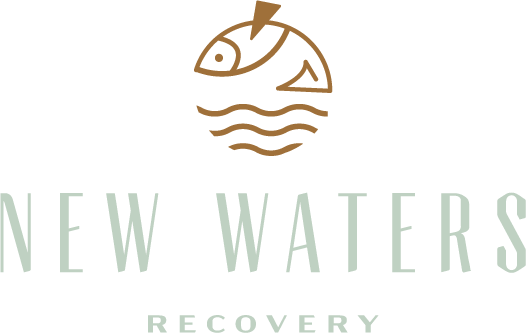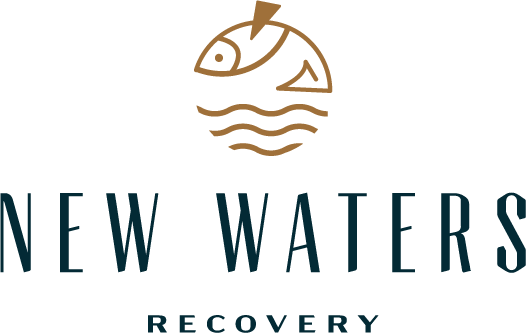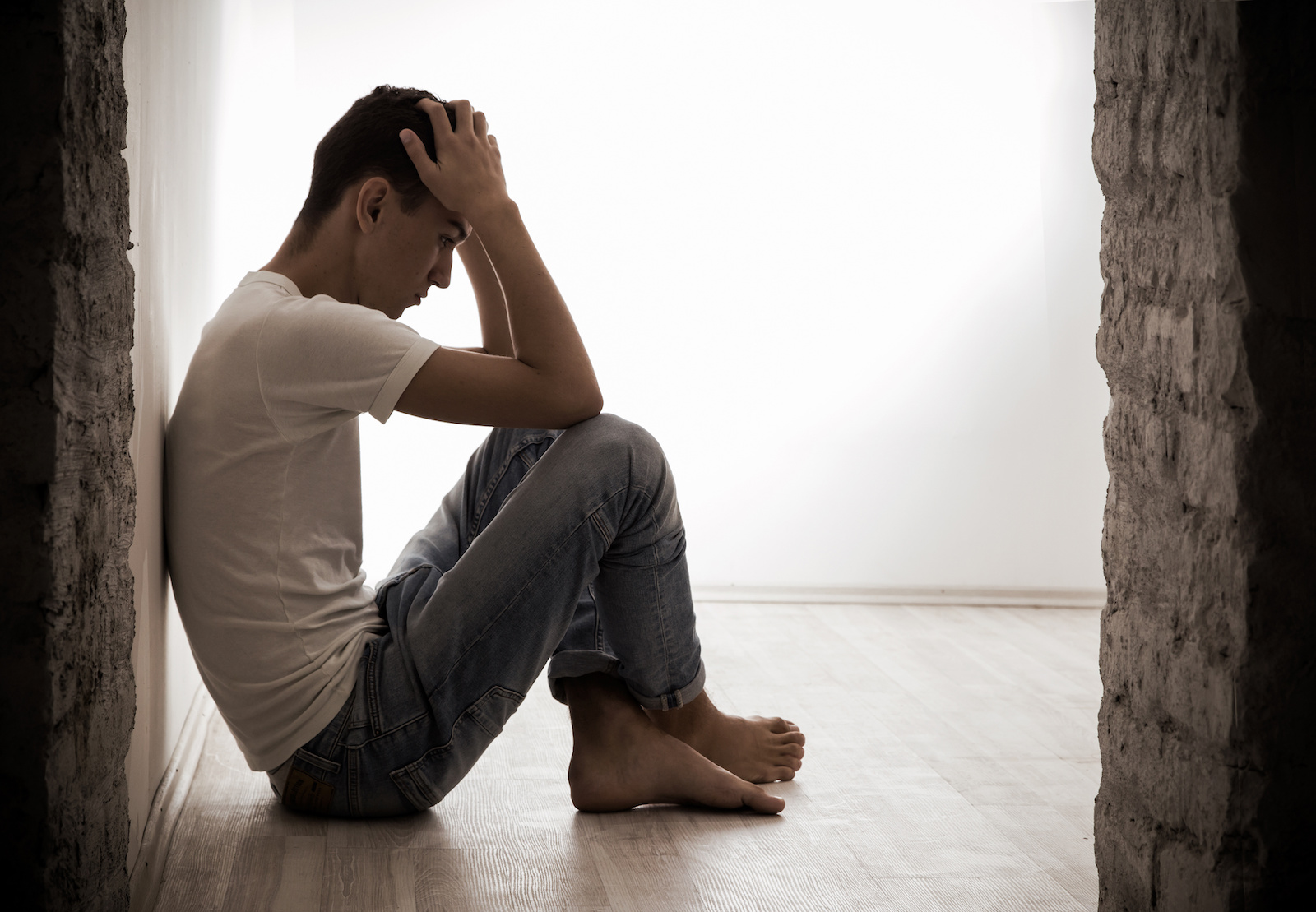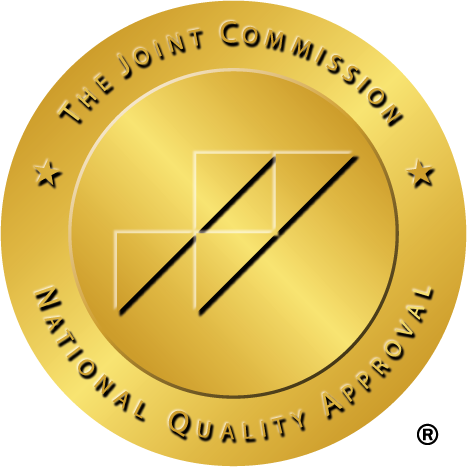Table of Contents
Painkillers are a powerful tool in our modern world. They’re important for people with certain medical conditions, recovering from injuries and surgeries, and in other situations where pain gets in the way of normal life.
The problem is that many painkillers also put patients at risk of addiction, and recreational use of painkillers has even bigger chances of causing addiction.
opioids and other strong pain medications run the risk of causing both physical and mental addictions, and painkiller addiction can be difficult to manage and hard to recover from.
If you or one of your loved ones are struggling with painkiller addiction it can seem hopeless. The good news is that with proper support and care, you can overcome painkiller addiction and go on to live a happy and healthy life.
Here’s what you need to know about painkiller addiction, how to tell when someone is living with painkiller addiction, and how to seek treatment.
What Are The Side-Effects & Dangers Of A Painkiller Addiction
Painkillers, like any medication, have a range of side effects that can go from mild to severe. Having a painkiller addiction increases the risk of side effects, both physical and mental. Worse, side effects often get worse over time.
The longer you or your loved ones continue using painkillers the more serious the side effects and consequences are likely to become. Additionally, it’s important to be aware of other forms of substance misuse, which could also pose significant health risks.
Here are some of the most common side effects of painkiller addiction. Remember, some of these side effects can also come from normal painkiller use, and there is a difference between addiction to painkillers and painkiller dependence to manage chronic pain or illness.
Even when painkillers are used properly some of these side effects can happen. Sometimes all you can do is have a conversation with your loved one to see why they are using painkillers and if they are using painkillers responsibly.
Physical Side Effects Of Painkiller Use And Addiction
These physical side effects are relatively common in users of opioids and other powerful painkillers. Individuals may not have all of these side effects, but it’s normal to have one or more.
Because addiction and chronic use over time can often increase the severity of side effects, people with substance use disorder are likely to have more of these side effects or more severe versions of these side effects.
- Constipation
- Nausea
- Low Appetite
- Vomiting
- Fatigue/Sedation
- Itchy Skin
- Skin Flush
- Pinpoint Pupils
- Depressed Respiration (slow or halting breathing)
- Slurred Speech
All of these side effects are relatively common. However, two additional physical side effects are always an emergency and can be signs that someone may have overdosed, or may have been using more of the painkiller than is safe over a longer period.
Those side effects are comas and seizures. Seizures aren’t necessarily grand mal seizures, but even a more mild or more subtle seizure is cause for concern and a good reason to get emergency medical care.
Psychological Side Effects Of Painkiller Use And Addiction
In addition to the physical side effects, painkillers can also cause a range of mental and psychological side effects.
These side effects, especially in combination with physical side effects, can be strong indicators of painkiller use and painkiller addiction.
- Depression
- Anxiety
- Mood Swings
- Decreasing Mood Over Time
- Psychosis (hallucinating, believing the unbelievable)
Behavioral Symptoms Of Painkiller Addiction
These symptoms are usually only seen in people dealing with substance use disorders, rather than from typical painkiller use.
The only exception is social isolation – which can happen outside of addiction because the conditions that require painkiller use can also be isolating.
- Lying
- Avoiding certain subjects
- Conversational abnormalities
- Visiting a lot of different doctors for no clear reason
- Social Isolation
- Stealing
- Asking to borrow money
These symptoms mostly happen because of the social stigma and desperation that comes from substance use disorders. Painkiller addiction, like other substance use disorders, can make people run through their money and resources quickly and can cause significant changes in people’s personalities as they try to hide their addiction and secure more painkillers to feed their habit.
How To Know If You Or A Loved One Is Struggling With An Addiction To Painkillers
It can be difficult to tell when you have an addiction, and even harder to tell if a loved one is dealing with a substance use disorder. There are a few tells that can help you see addiction in action, but it always takes some willingness to admit what’s happening.
First, let’s talk about some signs that you are personally dealing with a painkiller addiction. Then we’ll talk about signs that a loved one has a painkiller addiction.
Signs That You Have A Painkiller Addiction
Because painkiller addictions often start with prescribed painkillers it can be difficult to tell when normal use progresses into an addiction.
It’s important to be gentle with yourself when you’re trying to figure out if you have an addiction. Shame and guilt are normal feelings when you realize you’re addicted, but you should remember that you’re already taking a big step when you admit to an addiction.
Remember, painkillers can be addictive even when used properly. You may be addicted without having done anything wrong, and there are medical professionals and others available to help you recover.
Here are some common signs of painkiller addiction for you to monitor.
- Feeling like you need to take your medication, even when you aren’t in much pain.
- Getting preoccupied with how many painkillers you have left.
- Wishing you could take a painkiller in normal situations, without being in pain.
- Craving the feeling of the painkiller instead of the pain relief
- Getting all over pain or different kinds of pain separate from the reason you were given painkillers.
- Feeling like you cannot relax without taking painkillers.
- Feeling like you cannot sleep without taking painkillers.
- Feeling like you need painkillers even though you don’t like how you feel while taking them.
- Considering a painkiller alternative or considering buying painkillers on the street if you aren’t prescribed more.
Especially if more than one of those feelings sounds familiar to you, you may be dealing with an addiction.
Overcoming addiction can be challenging. Remember that you don’t have to do it alone. It’s a good idea to reach out to trusted friends, family, and medical care providers for help.
Signs Someone You Love Is Addicted To Painkillers
Sometimes it’s up to the people around us to recognize when addictions have started and to help get the resources and assistance we need. When that happens, it’s often loved ones who first notice changes in behavior and other signs of painkiller addictions.
Here are some of the most common signs of painkiller addictions in your loved ones.
- Sudden changes in behavior or personality
- Avoidance of certain topics, particularly around any kind of substance use
- Social isolation, especially more sudden isolation
- Pale appearance
- Frequently complains of nausea
- Weight loss or eating less than normal in social situations
- Stealing things
- Asking to borrow money without a reason why, or with an unbelievable reason
- Job loss
- Keeping abnormal hours with no explanation
- Erratic behavior
There are other signs of painkiller addiction, but these are some of the most common signs, especially when the addiction gets out of control.
Remember that many different kinds of addiction can have similar symptoms. You may not be able to identify the form of substance use disorder your loved one is dealing with, and you usually don’t have to. Instead, offer them support and emphasize how important it is to get help.
When approaching someone you suspect may have an addiction, address your concerns but also try to address the reasons you want them to recover and the things you miss about them before painkiller addiction started changing their personality and behavior.
If you need more resources to figure out how to safely and helpfully approach a loved one about their addiction, this guide from the Mayo Clinic has some good ideas and techniques.
What To Do If You Have An Addiction To Painkillers: Addiction Treatment Help
There are a lot of resources available to help people struggling with painkiller addiction, ranging from counseling and support from primary care providers to full-time rehabilitation programs that help you detox safely and learn safer coping mechanisms, as well as identifying the root causes of addiction in your unique case.
New Waters Recovery Drug Rehab in North Carolina offers several premier treatment options, standing out as one of the luxury rehabs that take insurance, providing both high-end amenities and financial accessibility.
If you’re looking for a rehab facility that can help you get the best possible outcome in recovery, we can help.
Even if you choose another rehab facility there are a few steps to take to get addiction help.
- Reach out to a medical care provider or rehab facility for screening and recommendations. Most programs have specific requirements for participants, and it’s important to make sure you’re in the right program and that you meet the criteria for that program.
- Once approved for a rehab program, check to see if there are any beds available. At times you may need to wait to begin treatment for there to be an available bed.
- Complete treatment program and progress to any additional support programs or groups. Remember, recovery is an ongoing process, and your care team may recommend ongoing support or additional programs to improve your chances of staying addiction-free long term.
It’s normal and understandable to be worried when you first consider getting help for addiction. Finding a qualified care team, see if you have insurance coverage, working with your employer and family for recovery support, and other challenges are very real and can feel overwhelming.
Just remember that recovery will help you manage your life better and will make it easier to be a happy and productive member of society. Ask for help when and if you need it and remember you don’t have to do all of this on your own.
Sources:
New Waters Recovery has strict sourcing requirements, relying on sources from scholarly research and peer-reviewed studies, as well as those from medical associations. We keep away from using third-party references as our sources. In order to learn more about how we choose our sources and our sourcing guidelines, please reference our Editorial Policy.
- Mayo Clinic. Intervention: Help A Loved One Overcome Addiction. Published July 20, 2017. Accessed August 2, 2022. https://www.mayoclinic.org/diseases-conditions/mental-illness/in-depth/intervention/art-20047451
- Medline Plus. Opioid Misuse And Addiction. Accessed August 2, 2022. https://medlineplus.gov/opioidsandopioidusedisorderoud.html
- Hartney, E. VeryWell Mind. What Is Addiction? Published February 8, 2021. Accessed August 2, 2022. https://www.verywellmind.com/addiction-4157312
New Waters Recovery Editorial GUIDELINES
At New Waters Recovery, we take your health and wellness seriously. We have a thorough process in place to ensure the integrity of information that is displayed on our website. All content published to our site undergoes a rigorous medical review by a doctorate level clinician to ensure medical accuracy. Read More About Our Process






